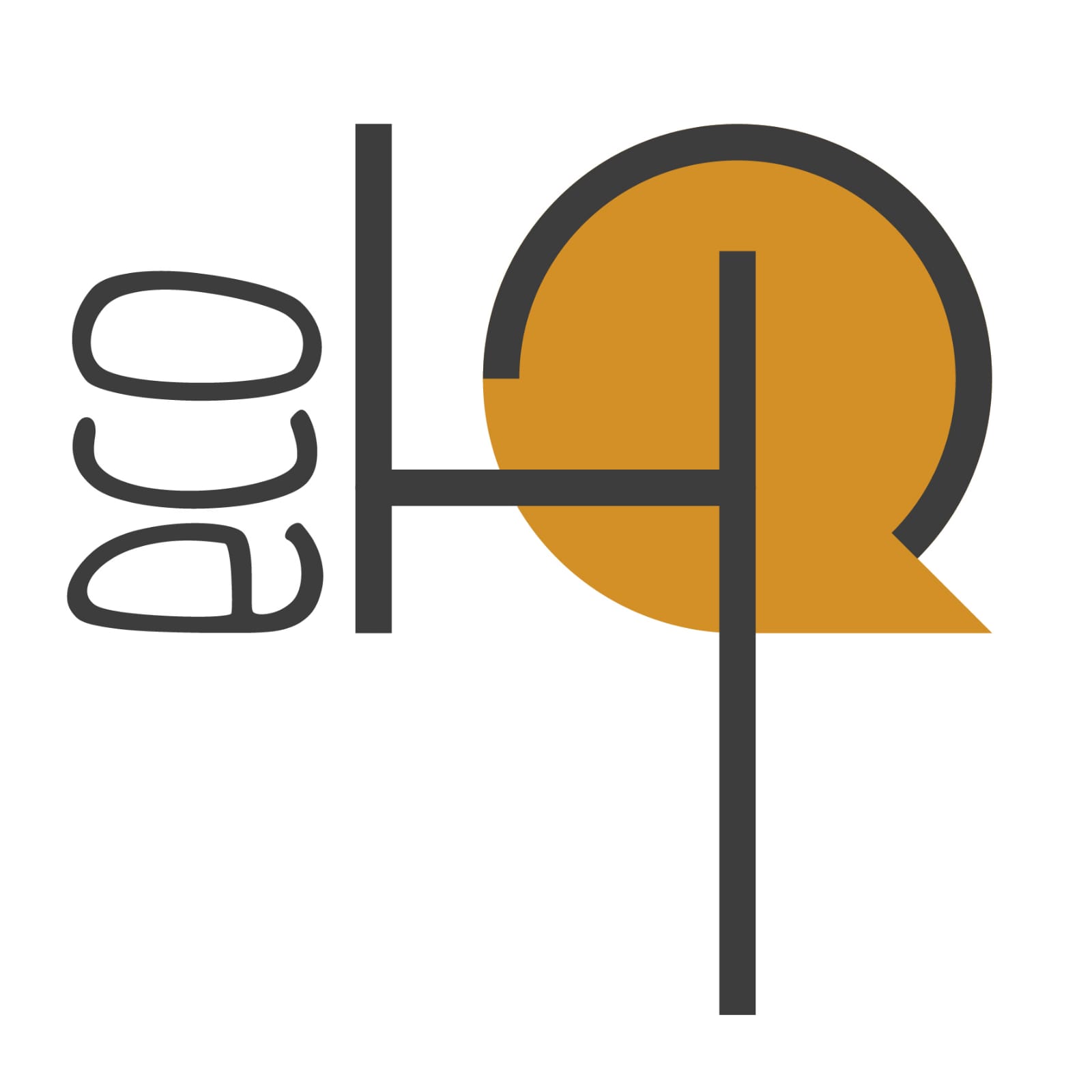A photovoltaic system, also a PV system or solar power system, is a power system designed to supply usable solar power by means of photovoltaics. Photovoltaics (PV) is the conversion of light into electricity using photovoltaic system solar modules, each comprising a number of solar cells, which generate electrical power. As the cost of PV systems is declining year by year, it needs to be assured that the quality infrastructure is maintained.
The solar photovoltaic (PV) market has experienced accelerated growth, accompanied by remarkable cost declines for solar PV technologies. The Levelized cost of electricity (LCOE) from solar PV decreased by 73 % between 2010 and 2017 – coming well into the cost range of fossil fuels. As solar PV power systems become increasingly competitive, continued market growth depends on assurances of performance and durability. In 2017, the International Renewable Energy Agency (IRENA) released the report “Boosting global PV markets: the role of quality infrastructure”, displaying quality assurance (QA) as an essential instrument for the deployment of renewable energy. Quality assurance (QA) guarantees that certain minimum requirements of interoperability, safety, and performance are accomplished.
The role of system design in the quality of the installation –
The system should be designed with the constraints of the installation in mind (e.g. roof access,
ground topography, shading conditions, presence of soiling sources). A poor design might ignore
practical considerations with an impact on the installation phase.
Impact Of Cost Pressures –
The investors may push to have the
best prices without considering the technical requirements. Similarly, Engineering Procurement and
Construction (EPCs) companies participating in a tender process will be largely assessed on the price to
the detriment of the technical aspects. Only the best ratio of “price to quality” should be considered
if the installation is expected to last 25 years.
IEC Certification –
International Electronical Commission (IEC) certification is often retained by investors, EPCs, and installers as a guarantee of performance in the field. In reality, IEC certification is supposed to be a design screening test that helps the designer to verify the material and module production process, and it is not strongly related to the lifetime of the PV module and other components, let
alone the guarantee of performance.
Warranties –
The typical
the warranty lasts 10 years for workmanship, covers 10 % power loss within 10 years and 20 % power
loss within 25 years. Recently, more and more manufacturers provide linear warranty (e.g. -0.8 %
per year) which is more favorable to the investors. All these seem to be attractive to the investors
until we give it more careful consideration.














Add Comment